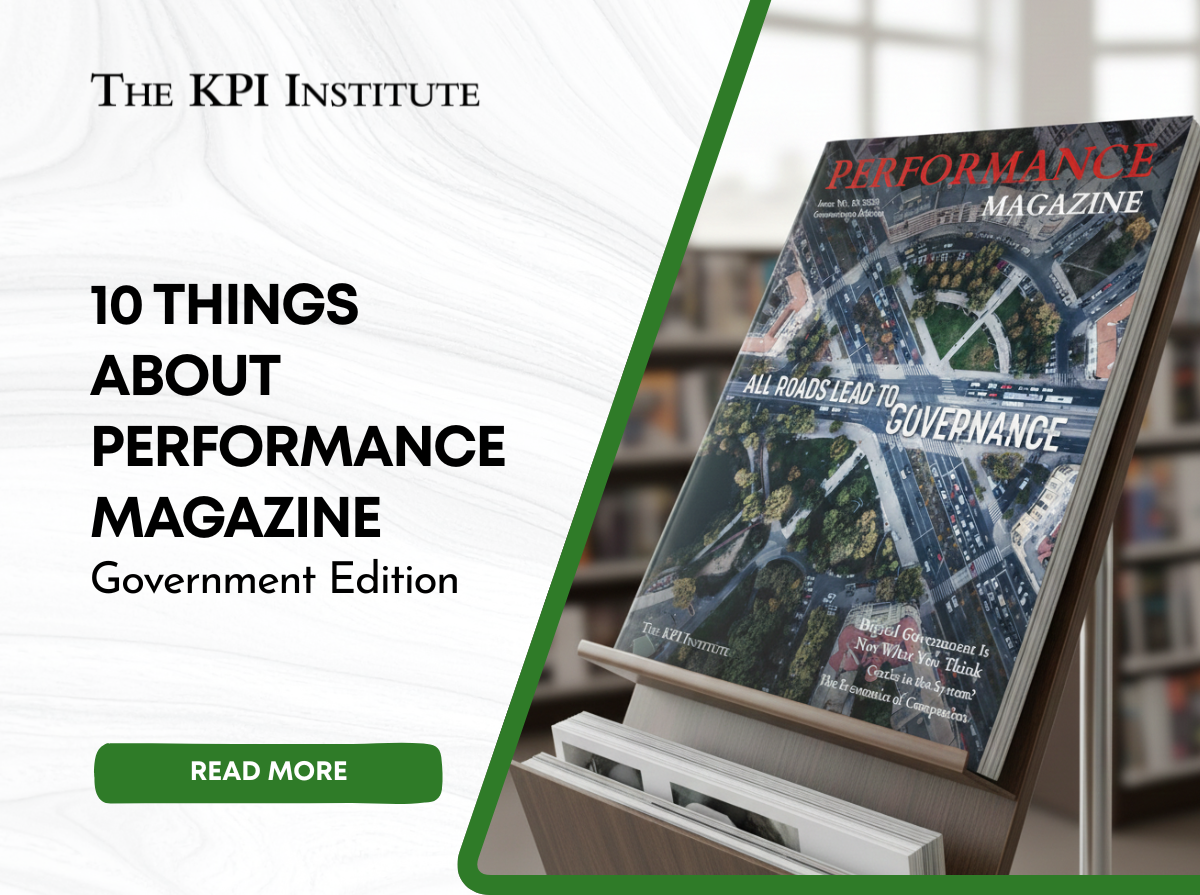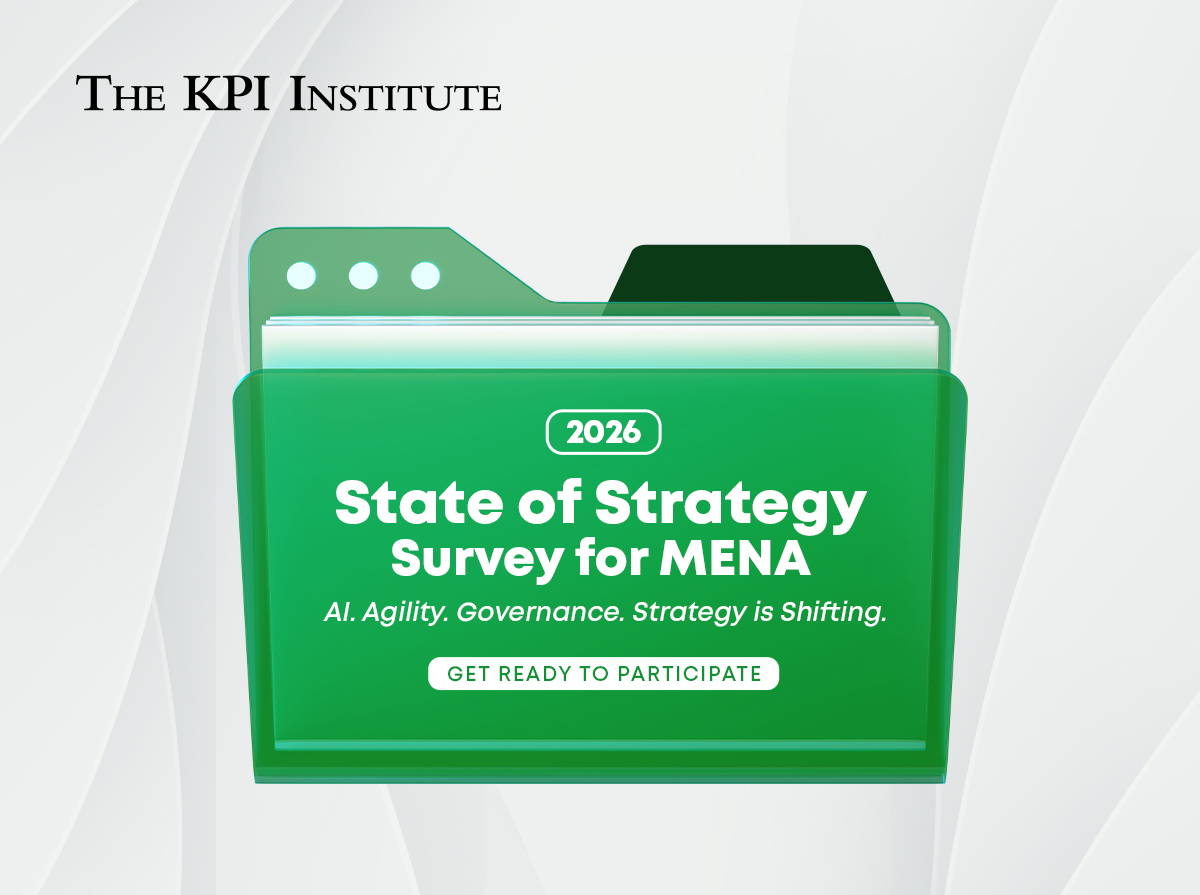The KPI Institute at the International Conference on Public-sector Productivity
During the 10th – 13th of October, 2017, The KPI Institute – through its CEO, Aurel Brudan, participated alongside other private and public sector representatives at the International Conference on Public-sector Productivity, hosted in Tagaytay City, Philippines.
The three-day conference, organized in collaboration with the Development Academy of the Philippines (DAP), was attended by over 700 delegates, all of whom had joined in order to discuss the most efficient and efficacious avenues of increasing government productivity at all levels.
Organized by the Asian Productivity Organization (APO), the event was focused on the idea that strategic foresight is the key for governments in APO member economies to navigate economic, environmental, and societal uncertainties by anticipating and preparing for possible, probable, and most importantly, their desired futures.
As per our invitation at the conference, Aurel Brudan, CEO of The KPI Institute, hosted three presentations built around the event’s main themes.
The first one, titled Collaborative Governance for Efficient and People-centered Public Service was structured around the following topics:
- Understanding Collaboration
- Collaboration Tools and Methods
- Collaboration Case Studies
“There are 2 central approaches to collaboration: problem-driven and opportunity-driven approaches.
The former entails that most collaboration initiatives appear to find solutions to certain problems, when put under the pressure of an external factor.
The latter concerns itself with approaching the target community on a constant basis when seeking out opportunities.” – Aurel Brudan, CEO of The KPI Institute
Some of the topics that were explored during this presentation centered around strategy and policy implementation, local administration and well-being, internal operations and highlighting how to design and implement a stakeholder engagement plan.
The second presentation, Perspectives in and Frontier on Measuring Productivity of Public Sector Organizations, marked the introduction of a few differently themed talking points, as follows:
- Macroeconomic Perspectives
- Micro level – Operations
- Micro level – Shared Services
When talking about macroeconomic perspectives, some of the main talking points were around what makes for an effective government, how should a government go about balancing productivity – quality – costs, and how can it optimize productivity in the most efficient manner.
”Another hot topic these days is a government’s micro level management, specifically its operations. Some of the challenges we’ve seen throughout the world are identifying the core outputs or activities of its agencies, developing unit costs or accounting for activities that generate core outputs and developing a cost-weighted total output metric for each agency.
In addition, each agency should design and implement accurate total inputs cost number measurement as part of its framework, alongside deciding on a control strategy for quality issues.” – Aurel Brudan, CEO of The KPI Institute
The third presentation was built around the second one, going in-depth on the topic of citizens’ involvement.
Entitled Factoring Citizens in Measuring Productivity of Public Sector, it discussed generating value for citizens, measuring citizens’ satisfaction and balancing productivity – quality – costs just as the previous presentation, but from a different perspective, from the citizens’. This presentation also highlighted a key takeaway topic at the end, namely Productivity Analysis Perspectives.
“What does it mean when we say we must generate value for our citizens? Put simply, it is the ability to minimize inputs and generate more outputs or more qualitative outputs, which reflect a process’s productivity.
But let us not forget that productivity can only generate positive outcomes when it is concerned with the quality of outputs.” – Aurel Brudan, CEO of The KPI Institute
As part of the presentation, attendees were shown several government-focused elements that were built around maximizing value for citizens, such as the OECD’s Serving Citizens Framework, as can be seen below.

The KPI Institute believes in today’s governments’ capability to do great things for their citizens. As the years have gone by, governments around the world have taken upon themselves to manage an increasingly higher amount of services for their citizens, and as we all know – with great responsibilities come great expectations.
Our presentations emphasized this very fact – state administrations nowadays have the possibility to positively impact their citizens’ livelihoods to a great extent, making powerful strides in the best of directions and as it stands right now, will continue to do so as the future comes. We welcome these developments and will continue to offer our support and services, in order to aid them in the pursuance of this goal. Performance and productivity are not optional, they are a must!







